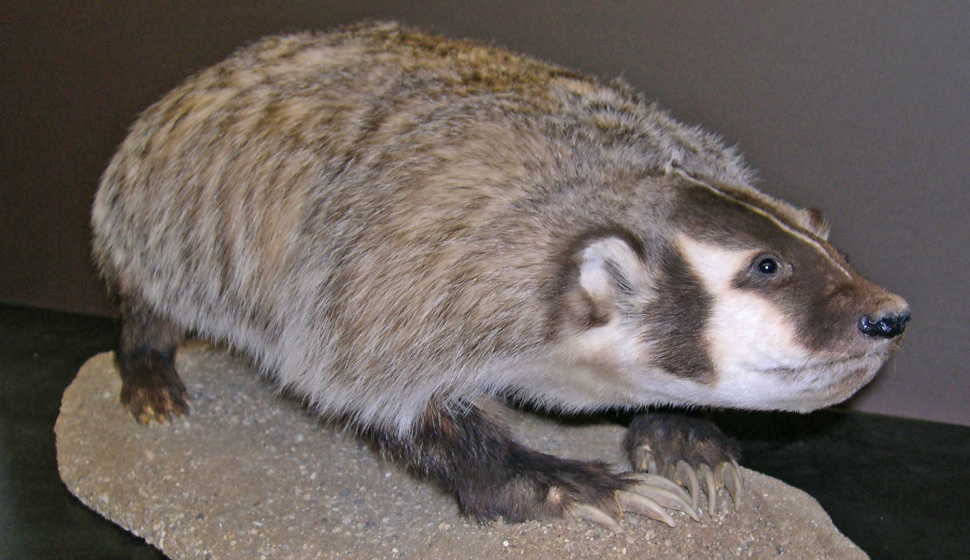John Tolley, August 7, 2017
All life on our planet, to some degree, evolves over time. Think of the furry land mammals that slipped into the water to catch a fish and surfaced - albeit millions of years later - as modern whales.
But, as living things evolve, so to can non-living things, say a certain Zoological Museum located on the campus of the University of Wisconsin-Madison. It started out life as a cabinet, complete with an aptly titled ?Assistant Curator of the Cabinet.?
Thanks to evolution, though, we no longer have to stand and stare at a single cabinet of specimens. Rather, we can roam the halls and take in the exhibits of one of the oldest zoological museums in the US.
Housed in the L.E. Noland Zoological Building, the museum offers visitors the chance to dive deep into the history of vertebrate and aquatic fauna throughout the state, the region and the nation.
 While the museum is first and foremost a research institution - meaning the bulk of its collections are accessible only to qualified researchers - they do maintain a public exhibition space. That, coupled with traveling exhibits, a robust online presence and numerous outreach programs, brings the museum to life for members of the general public.
While the museum is first and foremost a research institution - meaning the bulk of its collections are accessible only to qualified researchers - they do maintain a public exhibition space. That, coupled with traveling exhibits, a robust online presence and numerous outreach programs, brings the museum to life for members of the general public.
Collections cover mammals, birds, fish, amphibians and more. This includes a rare collection of items from the Galápagos Islands. The University of Wisconsin-Madison has, for over 40 years, been one of only a three research bodies worldwide allowed by the Ecuadorian government to house items procured from the scientifically significant island chain. The collection of over 1,300 items - mostly vertebrate skeletons - is the result of partnership between the museum, the Charles Darwin Research Station and the Galápagos National Park.
The museum also offers up for sale in their online museum store, artful prints of Wisconsin wildlife, from bats to bivalves. Our more devoted fans will recall our profile of University of Wisconsin-Madison Senior Artist Emerita Kandis Elliot, whose work ties together her artistic passions with some serious zoological and anatomical research.

The museum?s public exhibition space is open most weekdays during the academic year from 10 AM to 3 PM. For more information on times, special programs and where to find UW Zoological Museum traveling exhibits, visit the museum link above.







